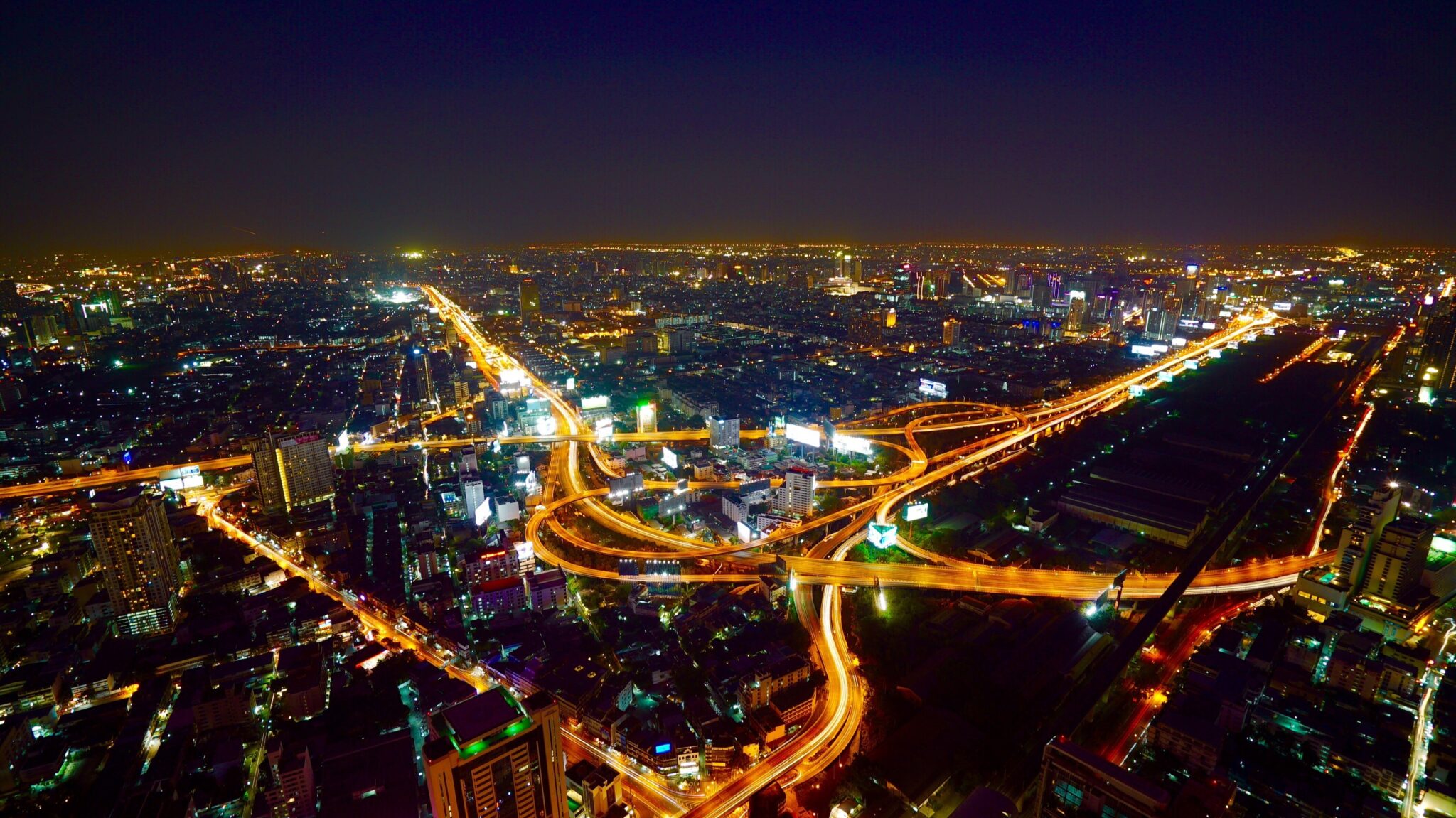By Kazi Fattah, Michele Acuto, Shamael Ahmed, Noman Ahmed, Nausheen H. Anwar, Ian Jayson Hecita, Aalok Khandekar, Anant Maringanti, Shiva Nouri, Mehnaz Rabbani, Redento Recio, Duaa Sohail, Elisa Sutanudjaja, Vidya Tanny, Ador Torneo and Iderlina Mateo-Babiano.
This article is an outcome of a Regional Studies Association Policy Expo Grant Scheme-supported project titled “Tackling a global pandemic in Asian Megacities: Uneven vulnerabilities, State responses and grassroots practices”. This is a partnership between the University of Melbourne and the Karachi Urban Lab, Hyderabad Urban Lab, BRAC Institute of Governance and Development, Rujak Center for Urban Studies, NED University of Engineering and Technology, and De La Salle University.
Many Asian cities in the post-COVID-19 era are grappling with widespread unemployment, increased poverty and worsening inequality due to the pandemic (Asian Development Bank, 2022). Especially, in many South and Southeast Asian cities, most of the urban labour force engaged in the informal economy are without access to legal rights and social protection. Their lives and livelihoods continue to be severely affected due to critical gaps in state policies and measures adopted to tackle the pandemic. Many developing economies are experiencing high inflation and financial stress (The World Bank, 2023), which is further intensified by climate-induced natural disasters such as urban flooding and chronic heat. These challenges are producing compounding urban crises (Westman et al., 2022) with devastating impacts on the livelihoods of the urban poor, particularly the informal workers.
Our research examined how informal workers were impacted by the state-led policy responses to COVID-19 in five megacities in South and Southeast Asia, i.e., Karachi, Dhaka, Hyderabad, Manila and Jakarta. The study revealed critical governance gaps and capacity deficits in how national and local governments in these cities sought to tackle the crisis.
State responses around the management of public health and safety and provision of aid to citizens were characterised by overly centralised and authoritarian measures, exclusionary policy framings, inadequate welfare assistance, irregularities and corruption in aid distribution, ad hoc planning and implementation with the absence of coordination among various levels of governments, and weak public accountability.
While initially successful in containing the spread of the virus for the informal workers, these measures resulted in massive loss of livelihoods, displacement from the city, and increased precarity. Women informal workers were the hardest hit among all. Many of these measures had deeply ingrained in them the logic of ‘disaster capitalism’ (Klein, 2007). The protection of the political and financial interests of the ruling elites were prioritised over the needs of the city’s most marginalised and vulnerable populations.
Across these megacities, these critical limitations in existing policy and planning frameworks, capacity deficits in crisis management and governance, and exclusionary institutional arrangements indicate the extent to which many national and state governments in the region are unprepared and ill-equipped to tackle the compounding urban crises that was further intensified by global uncertainties.
Yet during the pandemic, informal workers in these cities sought a range of informal and ground up responses initiated by various civil society actors. Urban ‘care’ collective responses initiated by community groups, non-government organisations (NGO), volunteer organisations, philanthropic foundations, faith-based organisations, private businesses, and individuals complimented and supplemented state-led measures (Alam & Houston, 2020). These highlighted the impact, strength and tremendous potential of civil society-led collective action, inter-class solidarity networks and mutual aid practices (Recio et al., 2021).
At various stages of the lockdowns and national/local level ‘shutdowns’, when millions of informal workers faced loss of livelihoods and access to food, these civil society actors promptly mobilised emergency food relief through soup kitchens and community pantries, as well as financial aid, hand sanitisers and masks, emergency healthcare, personal protective equipment (for healthcare workers), and medical equipment to those who were most in need of these support. They also played important roles in disseminating COVID-19 healthcare and safety information to marginalised communities.
The limitations of state-led policy response and weak governance in many South and Southeast Asian cities revealed the critical need for immediate interventions focused on policies, planning and implementation around urban crisis response and recovery towards building regional urban resilience.
Innovative policies to introduce inclusive and pro-poor social protection systems for urban informal workers with formal recognition and legal protection of their livelihoods, provisions for insurance, protection from wage loss, and access to basic necessities must be core to any crisis situation.
Existing policies, legislative frameworks and institutional arrangements should be reviewed and revised using participatory processes in collaboration with informal workers’ groups, key civil society stakeholders, and local governments. This ensures that those are sufficiently equipped to address the needs of informal workers and various disadvantaged groups.
An intersectionality approach must be adopted to ensure issues surrounding gender, ethnicity, caste, age, ability and class are considered in such processes.
To this end, the current approach of largely top-down, centralised planning processes must be replaced by participatory approaches of co-production. National and city-level crisis response, management and recovery plans need to recognise and integrate the vital roles of diverse formal and informal non-state actors. Civic groups, informal networks and grassroots collectives should be made part of the planning processes of urban crisis preparedness and recovery strategies.
Effective enforcement of inclusive and pro-poor social protection systems will ensure that informal workers can benefit from it. Appropriate capacity enhancement mechanisms need to be put in place to ensure national and local governments have sufficient capacity to tackle increasingly complex urban crises.
At the same time, state-civil society partnerships must be strengthened to create greater space for diverse civic groups, grassroots organisations, NGOs, activists, and volunteer organisations to effectively collaborate and advance solidarity-based practices in urban governance and enhance state accountability to citizens.
Efforts must be given to facilitate sustained regional engagement among national and local governments, and various policy and civil society actors, enabling cities to learn from each other, enhance their capacities to better respond to urban crises, and promote sustainable urban growth strengthen regional resilience.
REFERENCES
Alam, A., & Houston, D. (2020). Rethinking care as alternate infrastructure. Cities, 100, 102662.
Asian Development Bank. (2022). Southeast Asia Rising from the Pandemic. Asian Development Bank.
Klein, N. (2007). The Shock Doctrine: The Rise of Disaster Capitalism. Metropolitan Books.
Recio, R. B., Lata, L. N., & Chatterjee, I. (2021). Rising inequalities, deepening divides: Urban citizenship in the time of COVID‐19. Geographical Research, 59(4), 500–513.
The World Bank. (2023). Global Economic Prospects. The World Bank.
Westman, L., Patterson, J., Macrorie, R., Orr, C. J., Ashcraft, C. M., Castán Broto, V., Dolan, D., Gupta, M., van der Heijden, J., Hickmann, T., Hobbins, R., Papin, M., Robin, E., Rosan, C., Torrens, J., & Webb, R. (2022). Compound urban crises. Ambio, 51(6), 1402–1415.



